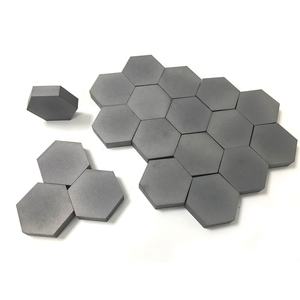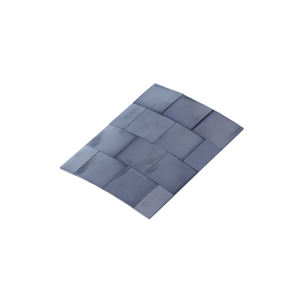Discover Premium Ceramic Products | Durability & Elegance United | Advanced Ceramics
PRODUCT PARAMETERS
Description
Overview of Silicon Carbide Ceramics
Silicon Carbide (SiC) ceramics are renowned for their outstanding mechanical properties, including high hardness, strength at elevated temperatures, and excellent thermal shock resistance. These materials are pivotal in cutting-edge industrial applications, from abrasives to aerospace components, due to their unique combination of properties.
Features of Silicon Carbide Ceramics
High Hardness: Exceptional wear resistance.
Thermal Shock Resistance: Can withstand rapid temperature changes.
Chemical Stability: Resistant to most chemicals.
High Thermal Conductivity: Efficient heat dissipation.
Low Density: Lightweight for its strength.
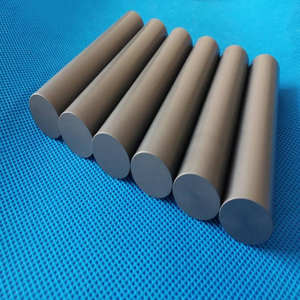
(Silicon Carbide Sic Ceramic Bricks Tiles)
Specification of Silicon Carbide Sic Ceramic Bricks Tiles
Silicon Carbide (SiC) ceramic blocks and tiles are high-performance refractory materials designed for severe settings. These items are made from silicon carbide, a compound known for its hardness and durability. They work well in high-temperature settings, dealing with heat up to 1600 ° C without losing toughness. This makes them optimal for industrial heaters, kilns, and reactors.
The product has superb thermal conductivity, enabling warmth to spread equally. This lowers hotspots and expands equipment life. Silicon carbide stands up to thermal shock better than lots of ceramics. It can sustain quick temperature level modifications without breaking. This attribute is essential in processes including home heating and cooling cycles.
Mechanical toughness is another essential benefit. SiC bricks and floor tiles maintain architectural integrity under hefty loads. They withstand wear and abrasion, even in extreme conditions. This toughness decreases substitute frequency, reducing upkeep prices.
Chemical resistance is a major benefit. Silicon carbide does not react with a lot of acids, antacid, or molten metals. It carries out reliably in harsh settings like metal smelting or chemical processing. Oxidation resistance guarantees long-term security in oxygen-rich ambiences.
These bricks and ceramic tiles been available in conventional sizes however can be personalized. Shapes and dimensions get used to fit specific tools designs. Common applications include lining commercial heaters, burners, and central heating boilers. They are utilized in steel manufacturing, glass manufacturing, and non-ferrous steel processing.
Installation is uncomplicated as a result of their uniform form and precision engineering. Tight joints decrease warm loss and improve power performance. The low porosity of SiC porcelains protects against gas infiltration, boosting process control.
Silicon carbide ceramic products balance efficiency and expense. Their longevity offsets first financial investment, providing value in time. Industries requiring dependable high-temperature services choose SiC bricks and floor tiles for consistent outcomes.
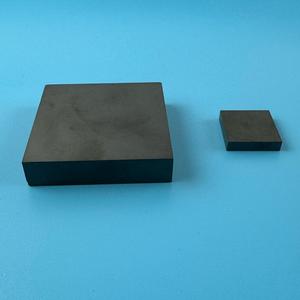
(Silicon Carbide Sic Ceramic Bricks Tiles)
Applications of Silicon Carbide Sic Ceramic Bricks Tiles
Silicon carbide (SiC) ceramic blocks and tiles serve numerous commercial purposes. These products take care of severe conditions. They function well in high-temperature setups. Steel mills and glass factories utilize them. Heater cellular linings and kiln parts benefit from their warmth resistance. SiC blocks last longer than standard materials. They resist thermal shock. Sudden temperature adjustments trigger much less damages. This minimizes downtime in manufacturing.
Chemical handling industries rely on SiC porcelains. Activators and pipes face extreme acids and alkalis. SiC ceramic tiles shield versus deterioration. Their non-reactive nature keeps devices safe. Pumps and shutoffs lined with SiC last longer. Maintenance prices decrease.
Metallurgical applications consist of metal smelting. SiC blocks line heating systems for melting metals. They hold up against liquified steels and slag. High mechanical toughness stops breaking. Burner nozzles made from SiC improve gas efficiency. Warmth disperses evenly.
Power generation uses SiC floor tiles in gas turbines. They handle high-pressure, high-temperature exhaust. Energy plants accomplish better performance. Warmth exchangers with SiC parts transfer warm much faster. This reduces power waste.
Semiconductor producing needs tidy environments. SiC ceramic parts stand up to contamination. Wafer watercrafts and procedure tubes made from SiC stay stable. High purity ensures no contaminations impact production.
Waste incineration systems use SiC linings. They sustain harsh gases and ash. High wear resistance maintains structures intact. Energy healing systems execute much better.
Aviation and aerospace markets use SiC tiles. Engine elements encounter extreme warm. SiC’s light-weight residential properties lower gas use. Thermal barrier shield sensitive parts. Sturdiness in rough conditions makes them perfect.
SiC porcelains adapt to several sectors. Their toughness and thermal residential properties fulfill requiring demands. Industries save costs and improve efficiency.
Company Introduction
Advanced Ceramics founded on October 17, 2014, is a high-tech enterprise committed to the research and development, production, processing, sales and technical services of ceramic relative materials and products.. Since its establishment in 2014, the company has been committed to providing customers with the best products and services, and has become a leader in the industry through continuous technological innovation and strict quality management.
Our products includes but not limited to Silicon carbide ceramic products, Boron Carbide Ceramic Products, Boron Nitride Ceramic Products, Silicon Carbide Ceramic Products, Silicon Nitride Ceramic Products, Zirconium Dioxide Ceramic Products, Quartz Products, etc. Please feel free to contact us.(nanotrun@yahoo.com)

Payment Methods
T/T, Western Union, Paypal, Credit Card etc.
Shipment Methods
By air, by sea, by express, as customers request.

5 FAQs of Silicon Carbide Sic Ceramic Bricks Tiles
Silicon Carbide (SiC) ceramic bricks and tiles are widely used in high-temperature industrial applications. Here are five common questions about them.
What are Silicon Carbide ceramic bricks and tiles made of? They are made from silicon carbide grains bonded using advanced sintering techniques. The process creates a dense, durable material. Silicon carbide offers high thermal conductivity and resistance to extreme conditions.
Where are these bricks and tiles typically used? They are used in furnaces, kilns, and incinerators. Industries like steel, glass, and ceramics rely on them. They line heating zones to withstand temperatures above 1600°C. Their thermal shock resistance prevents cracking under rapid temperature changes.
How do Silicon Carbide bricks handle extreme heat? The material’s structure resists oxidation and thermal stress. It retains strength even at high temperatures. This makes it ideal for environments where metals or other ceramics fail.
Are these bricks resistant to chemical corrosion? Yes. Silicon carbide is chemically inert. It resists acids, alkalis, and molten metals. This reduces wear in harsh industrial settings. Maintenance costs stay low because replacements are less frequent.
Can Silicon Carbide tiles be customized for specific needs? Manufacturers shape them into sizes and geometries for different equipment. Custom designs improve efficiency in unique setups. They are machined precisely to fit complex installations.
These points cover basic details about Silicon Carbide ceramic bricks and tiles. Their properties make them critical for industries needing reliable high-temperature solutions.
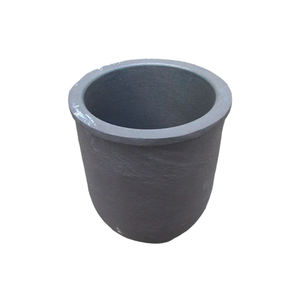
(Silicon Carbide Sic Ceramic Bricks Tiles)
REQUEST A QUOTE
RELATED PRODUCTS
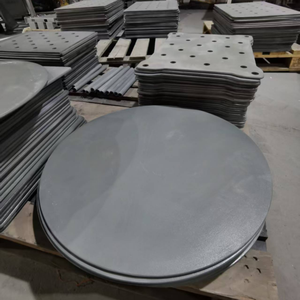
Silicon Carbide Sic Ceramic Refractory Plates Ceramic Sheet Wafer Carbide Tube
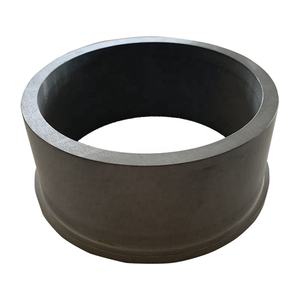
Hot Silicon Carbide Ceramic Sheet Boron Carbide Ceramic Plates B4C Tiles for Sample
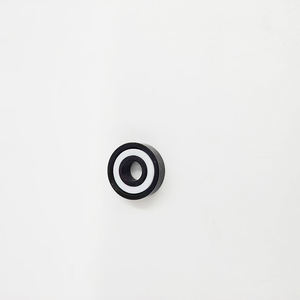
Mirror Polished Silicon Carbide SSIC SiC Ceramic Plate
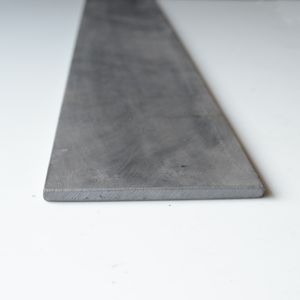
Tactical Equipment PE 3A Armored Panel Tactical Vest Insertion Plate 4IV Ceramic Plate Alumina Silicon Carbide
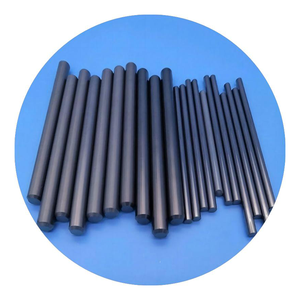
EUROPEAN QUALITY 115 X 3.0 mm 4.5 INCH SILICON CARBIDE ABRASIVE CUTTING DISC for NATURAL STONE CERAMIC GRANITE MARBLE
